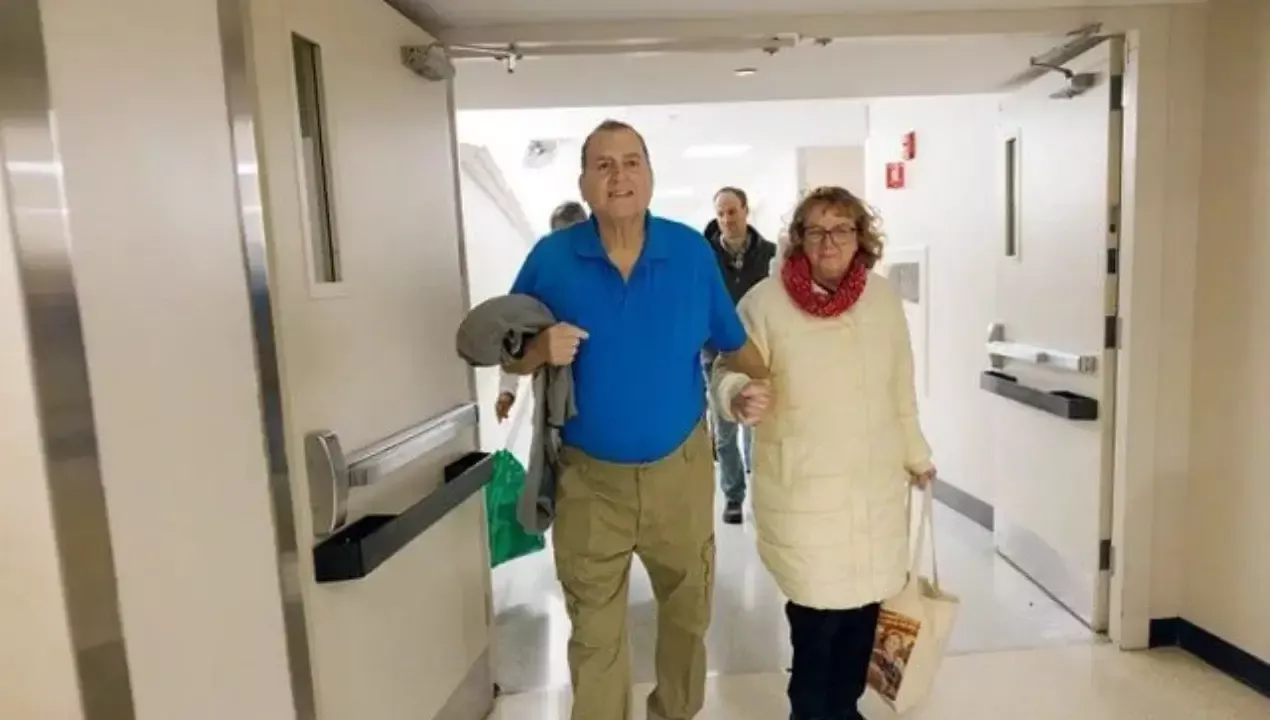Pig kidney successfully transplanted into an American

A new historic achievement has been recorded in the field of medicine. This was reported by Zamin.uz.
A genetically modified pig kidney was transplanted into a 67-year-old American patient, Tim Endryus. The patient has been living with this organ for more than six months.
This event is considered a major breakthrough in xenotransplantation, the field of transplanting animal organs into the human body. The prestigious journal Nature provided information about this.
Endryus suffered from terminal kidney failure and had been dependent on dialysis treatment for over two years. After the operation performed in January of this year, he was able to live without dialysis.
Experts regard this result as one of the most important steps in xenotransplantation. The procedure was carried out using a genetically modified pig kidney prepared by the biotechnology company eGenesis, located in Cambridge, Massachusetts.
Certain antigens were removed from the kidney to reduce the risk of rejection, and seven human genes were added, which decreases the likelihood of inflammation and bleeding. Additionally, retroviruses present in the pig genome were inactivated.
According to Australian transplant specialist Wayne Hawthorne, the fact that the patient did not reject the kidney for six months is an amazing result. This period is considered the most dangerous because complications and immune system rejection of the organ can occur.
If the patient lives for more than a year, it will mark a new stage in medicine. Similar procedures have been performed before.
For example, a 53-year-old American, Tovana Luna, received a pig kidney transplant and lived for four months and nine days, but the organ was later removed due to rejection. Tim Endryus’s case is progressing much more successfully.
Medical experts believe that xenotransplantation could play an important role in saving millions of lives in the future. Currently, the number of patients in need of organ transplants is large, but donor organs are insufficient.
Using pig organs opens new opportunities for preserving human health.







